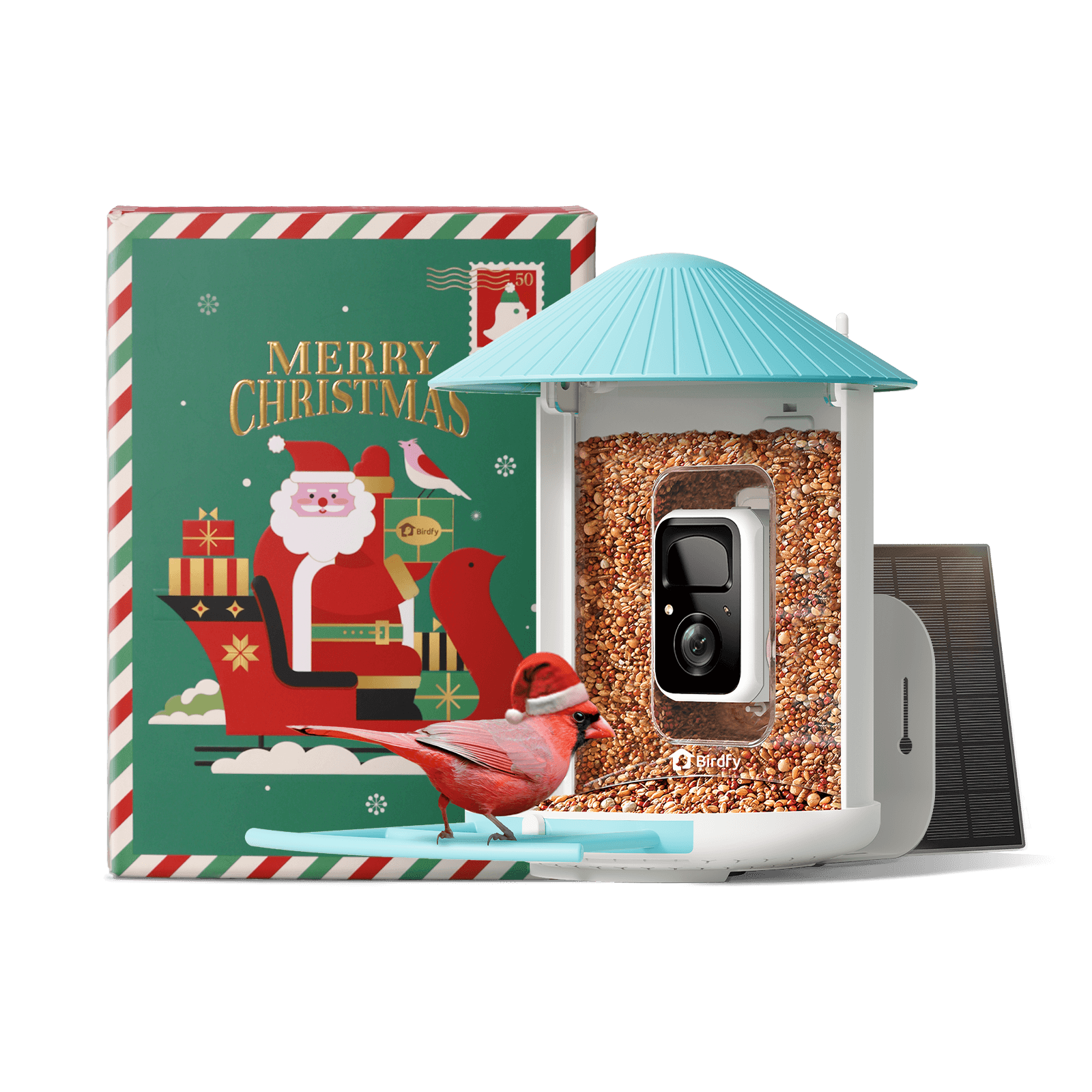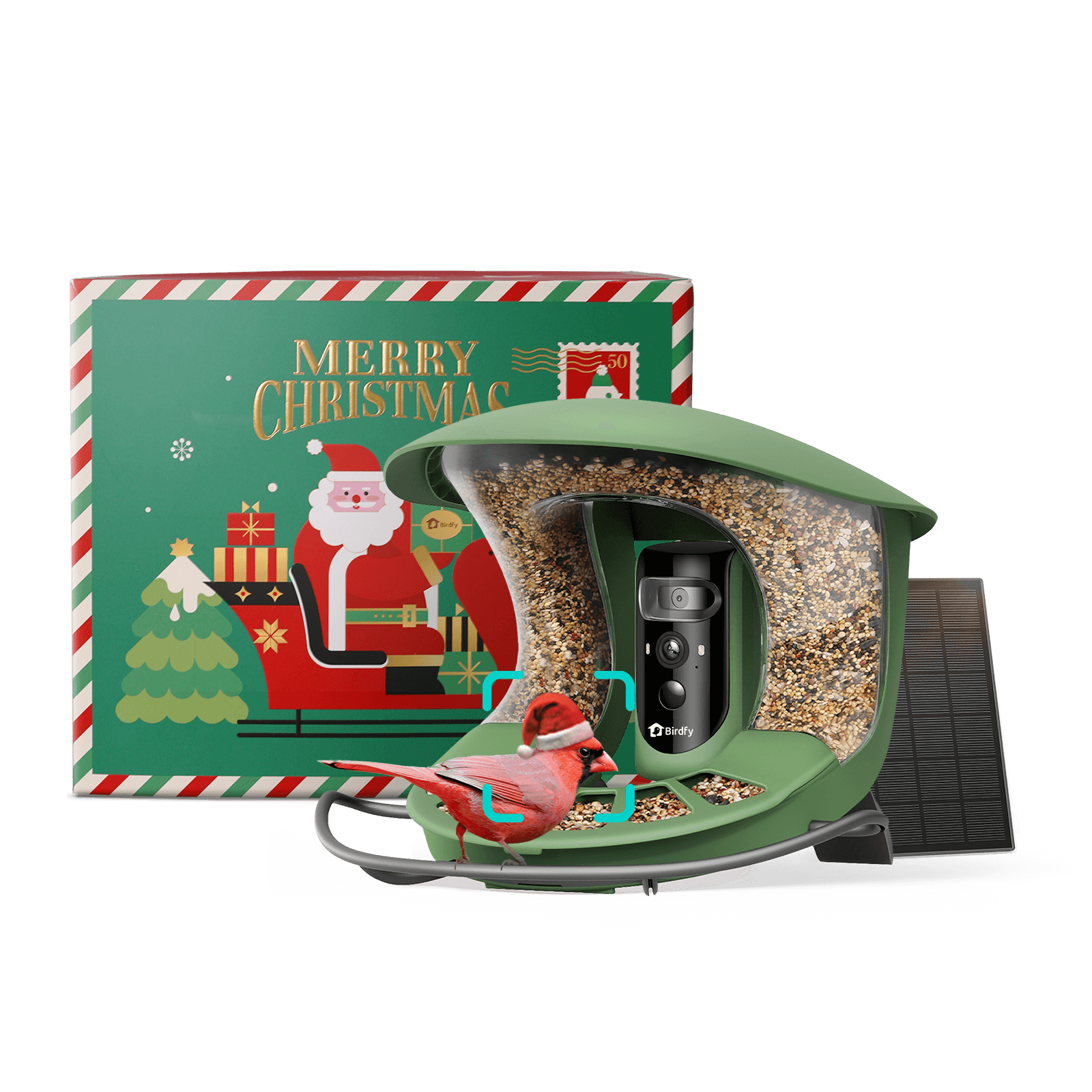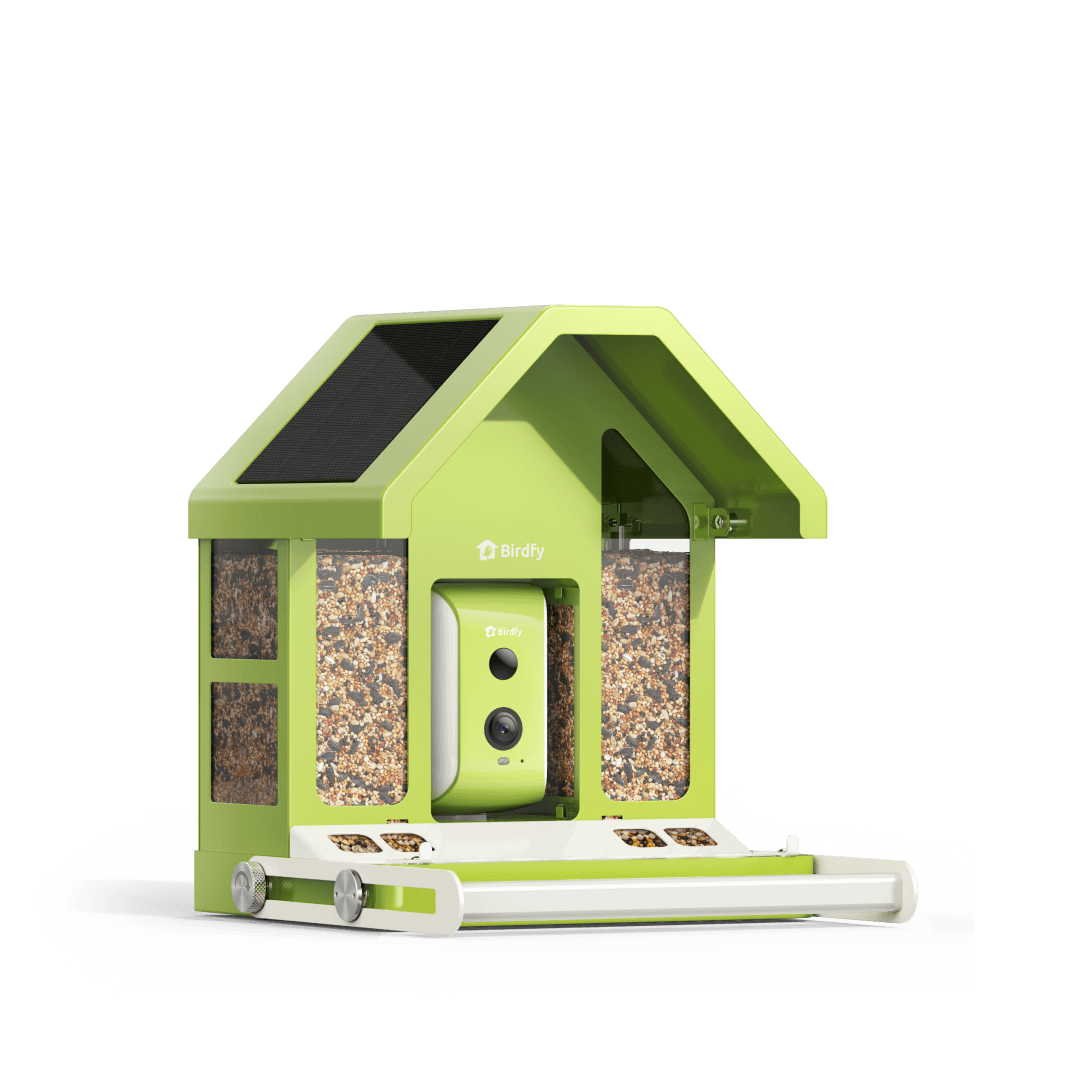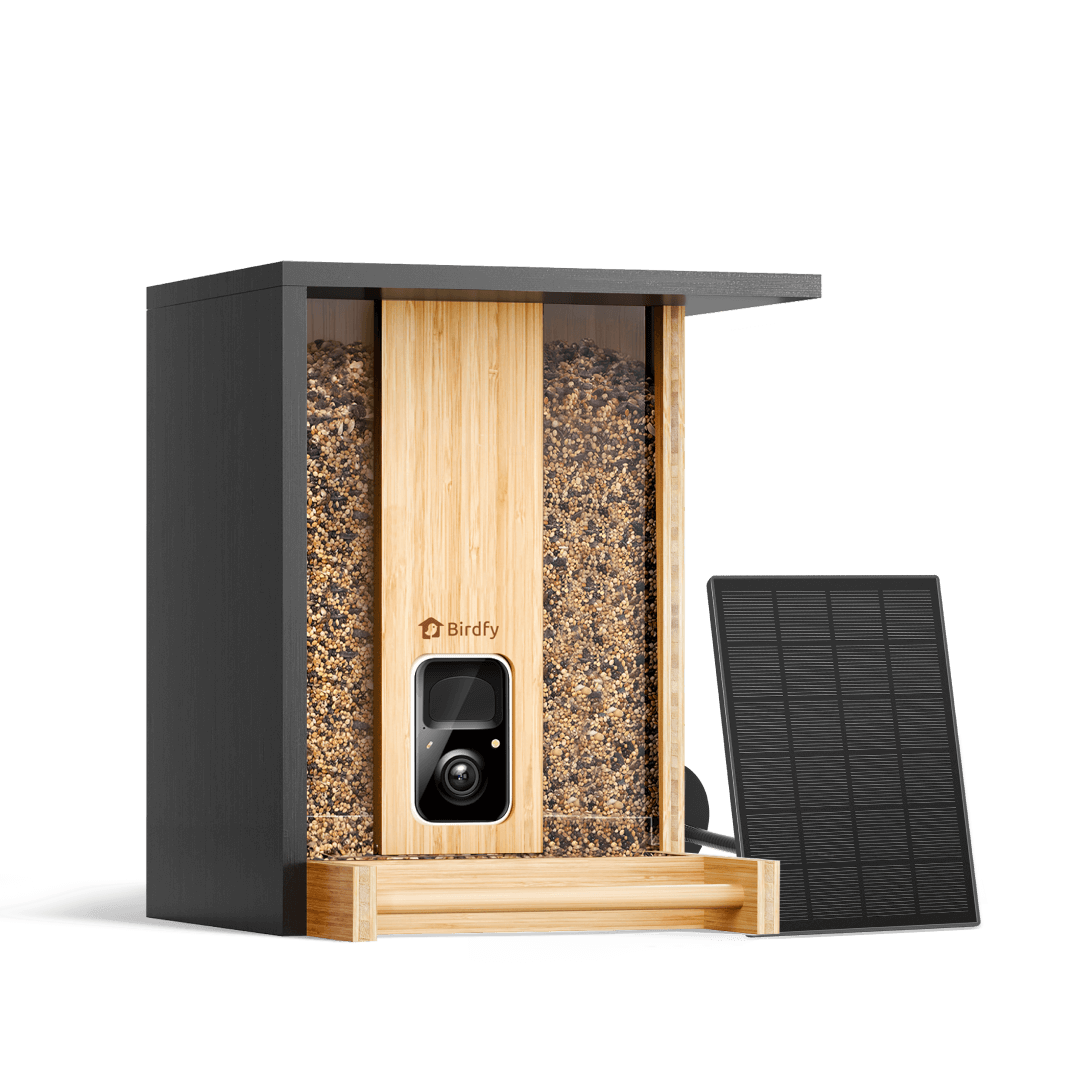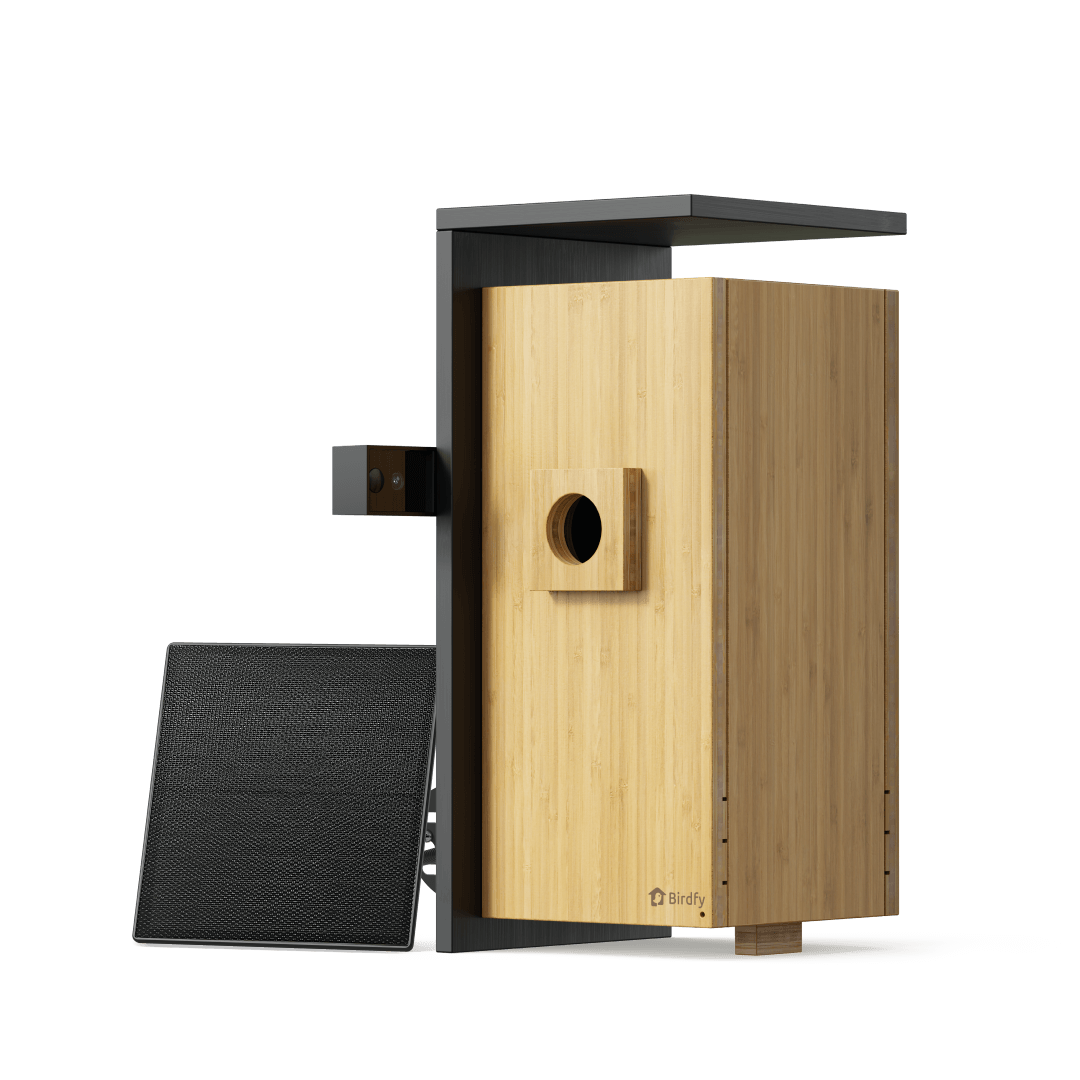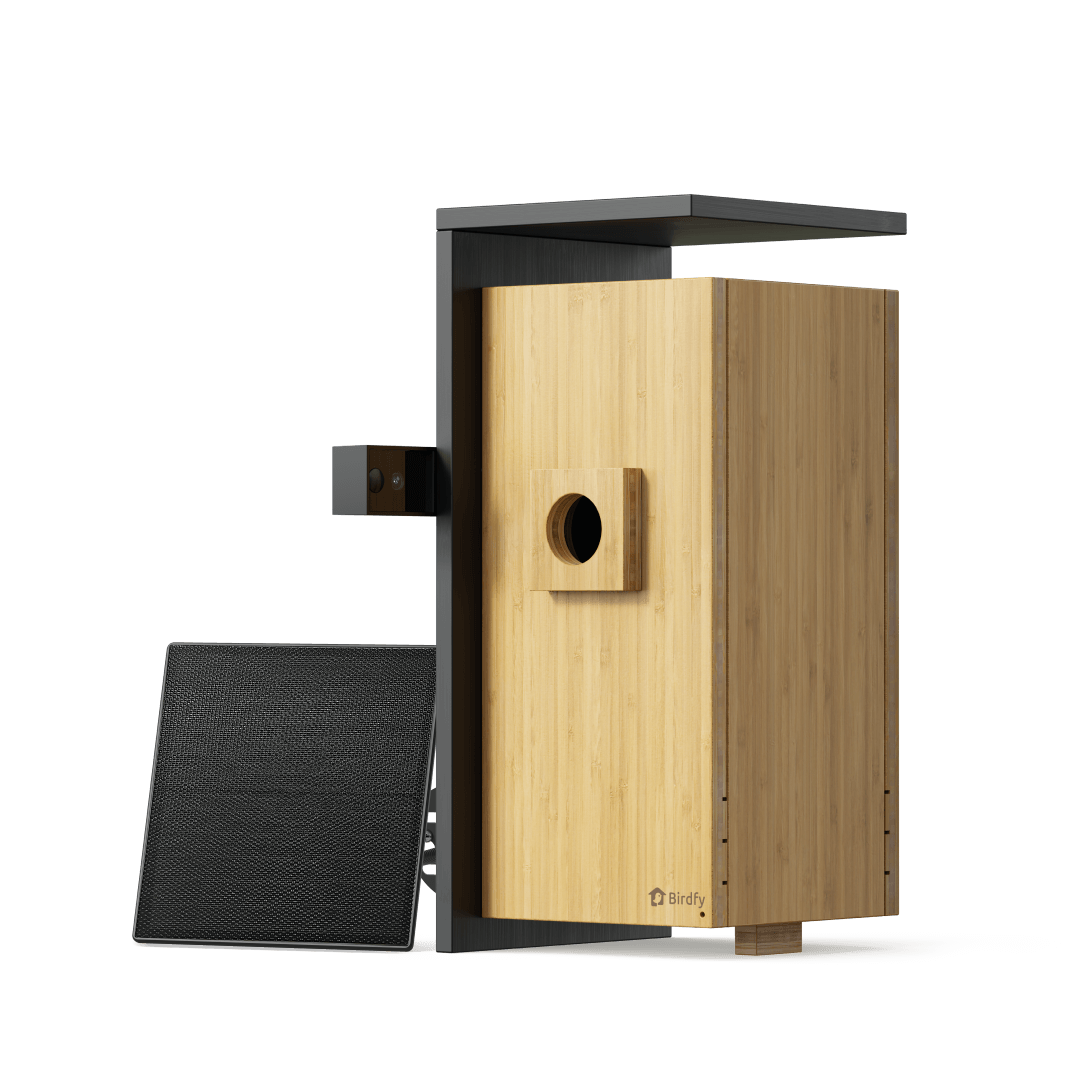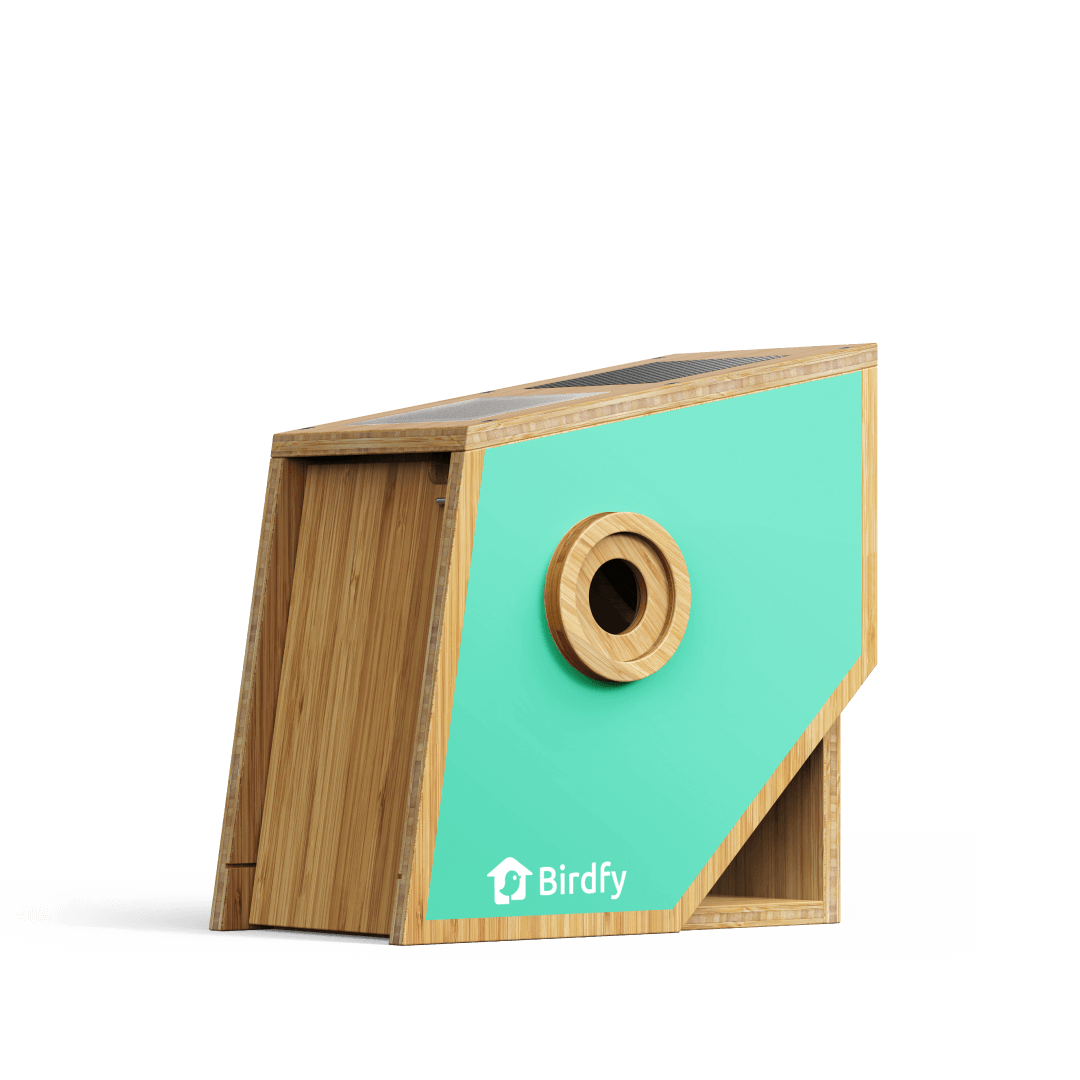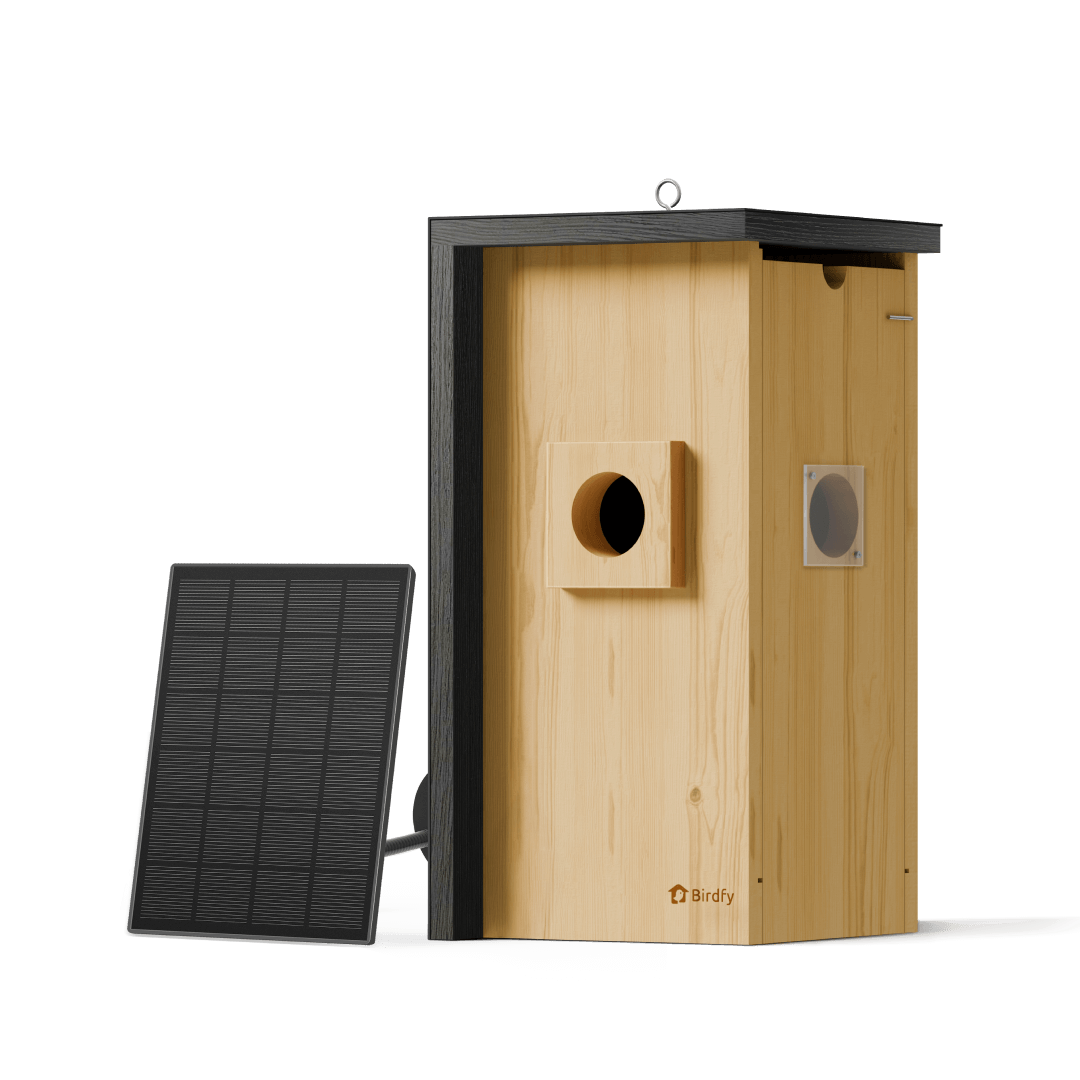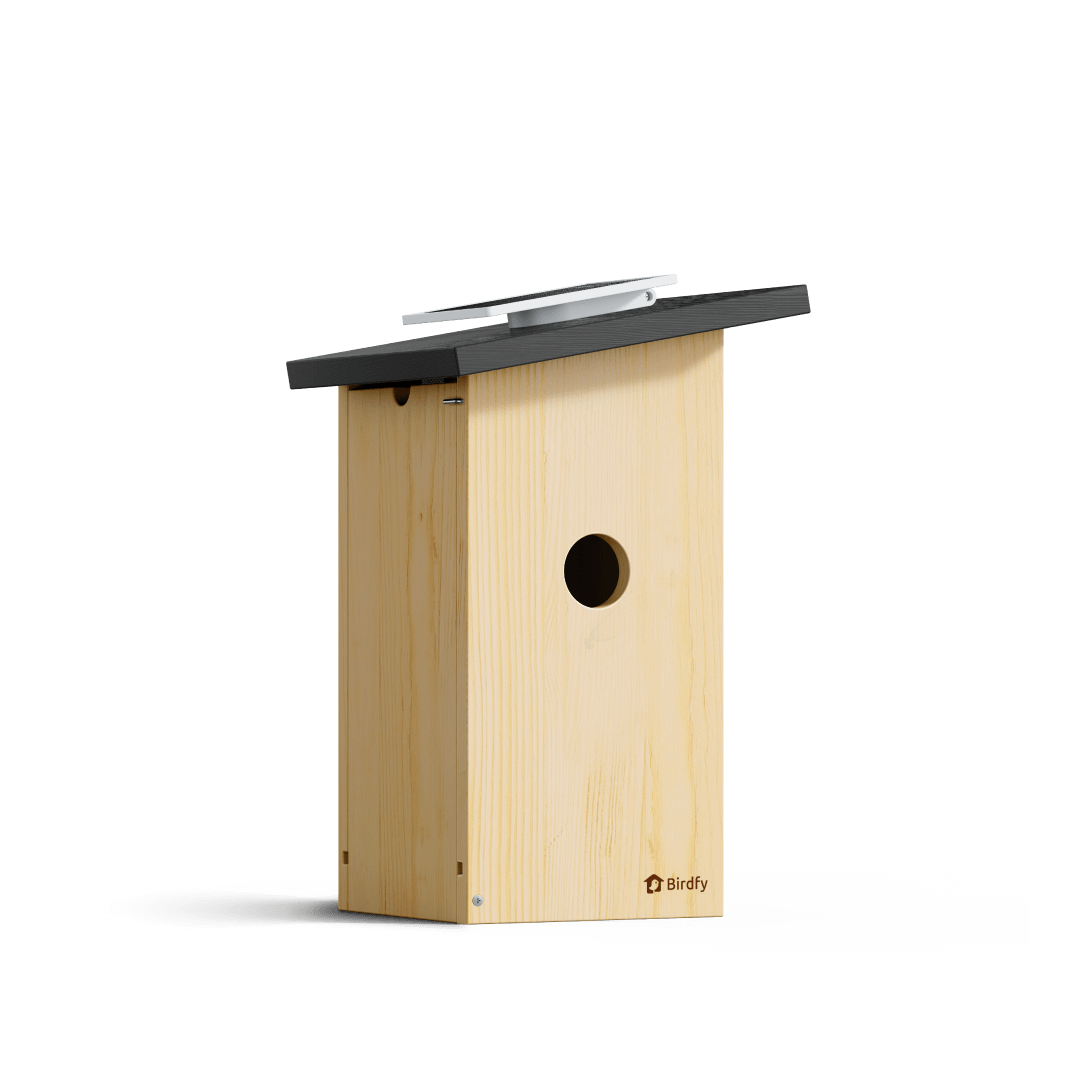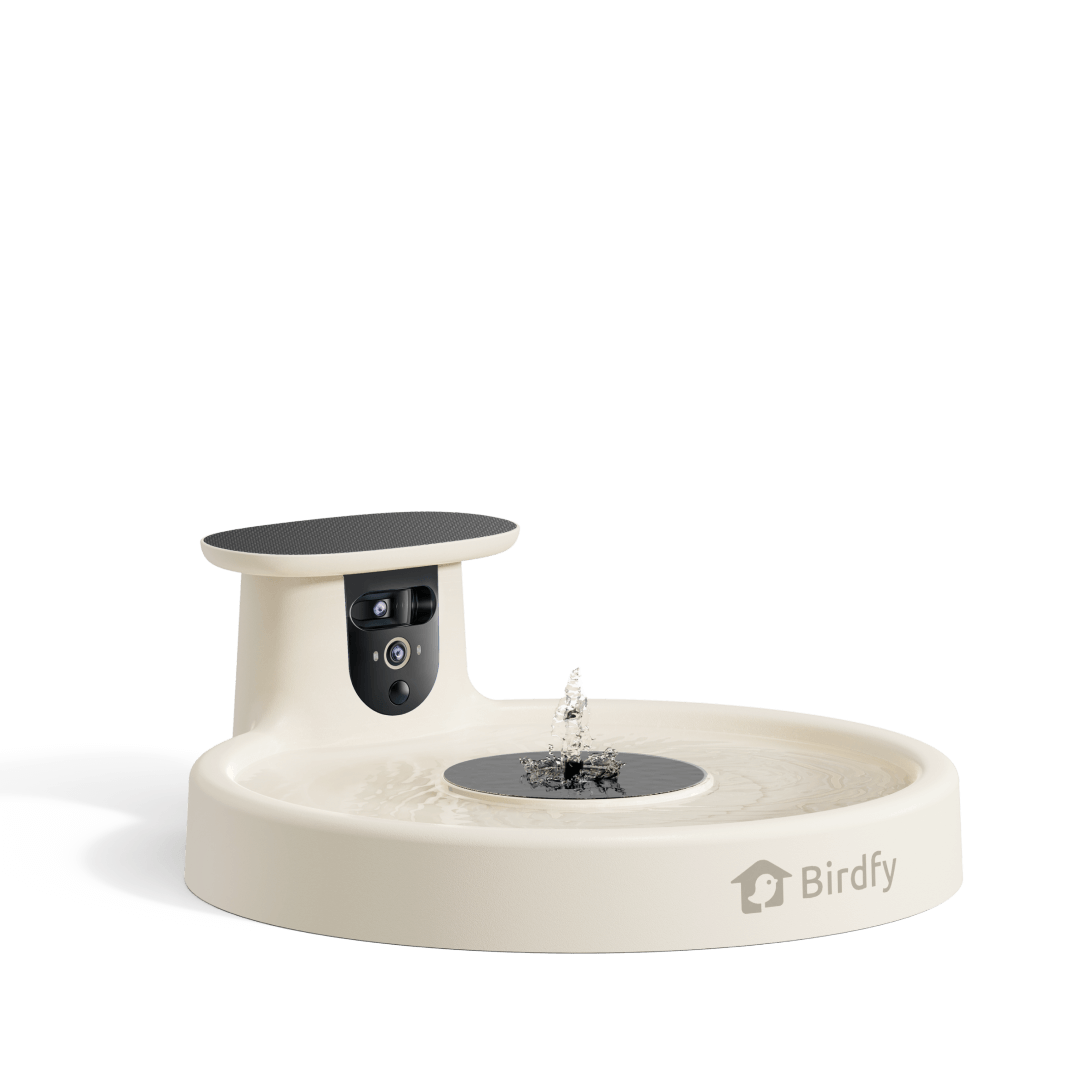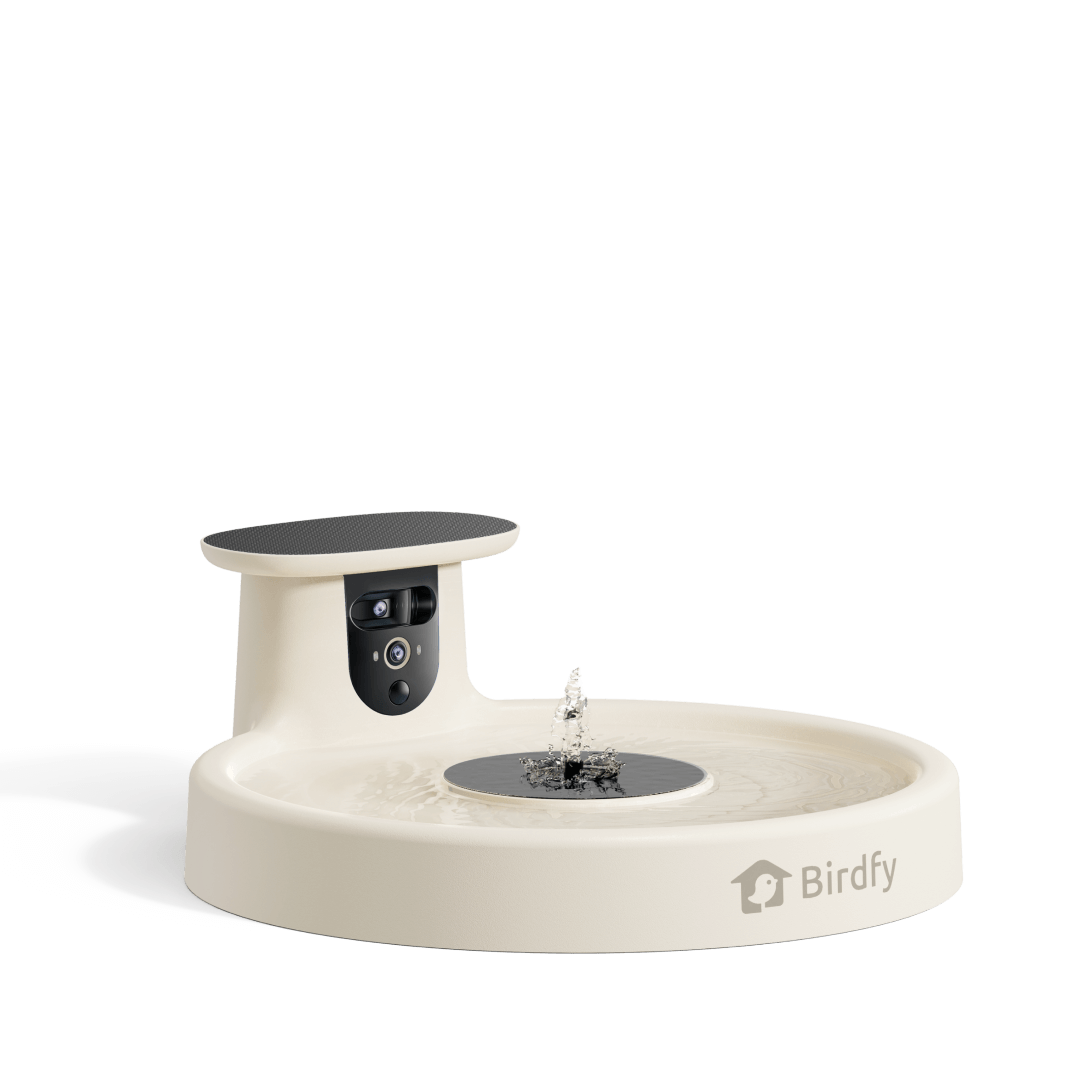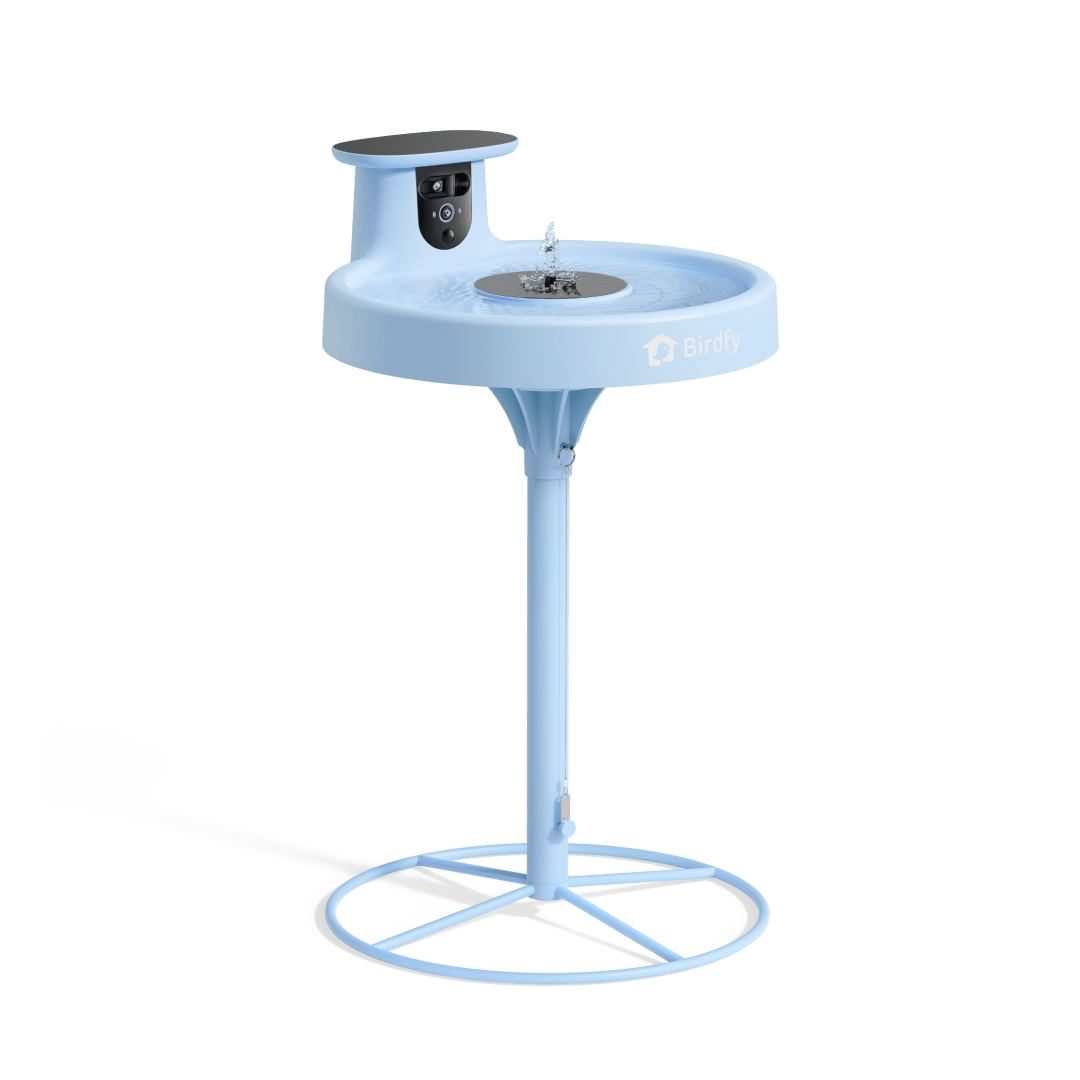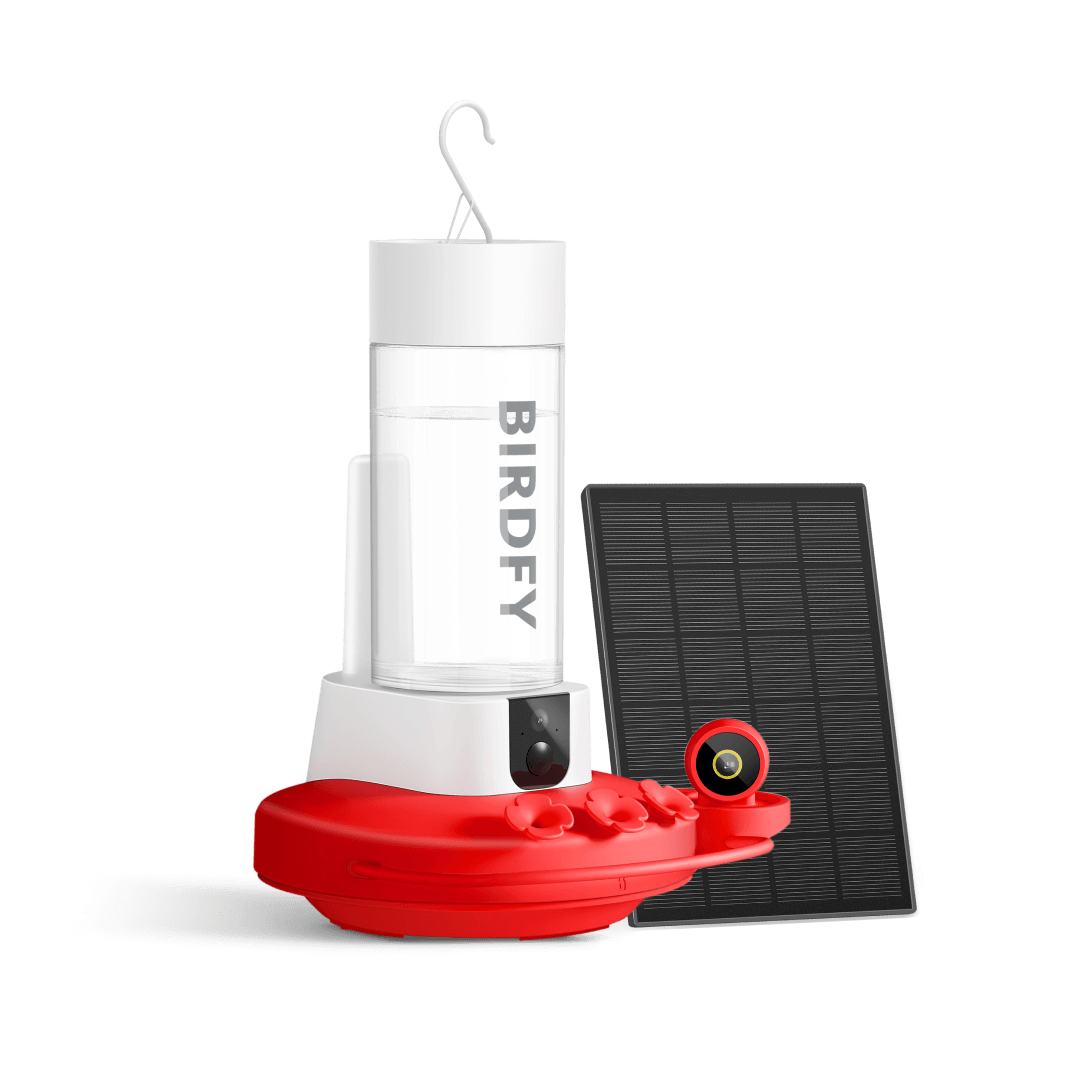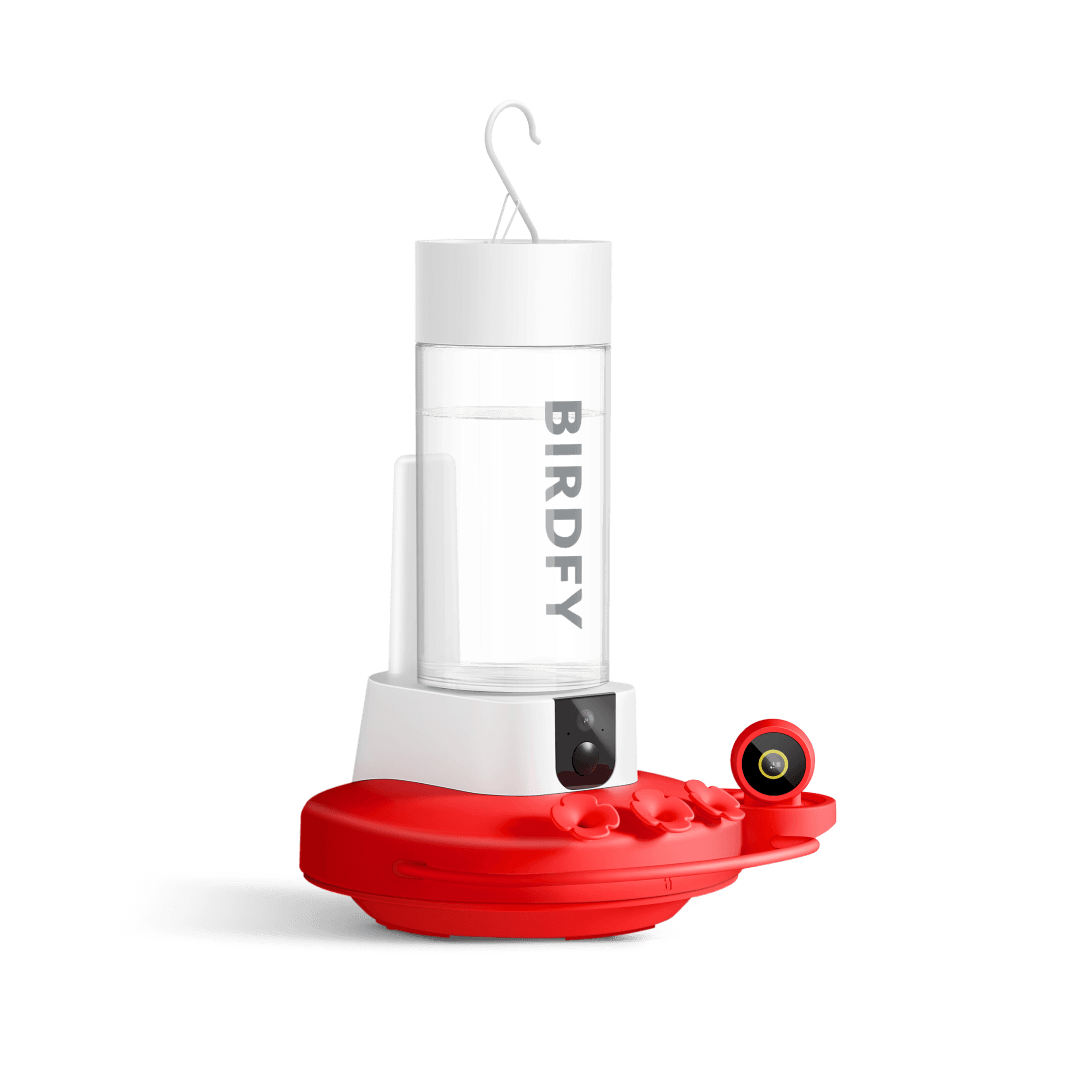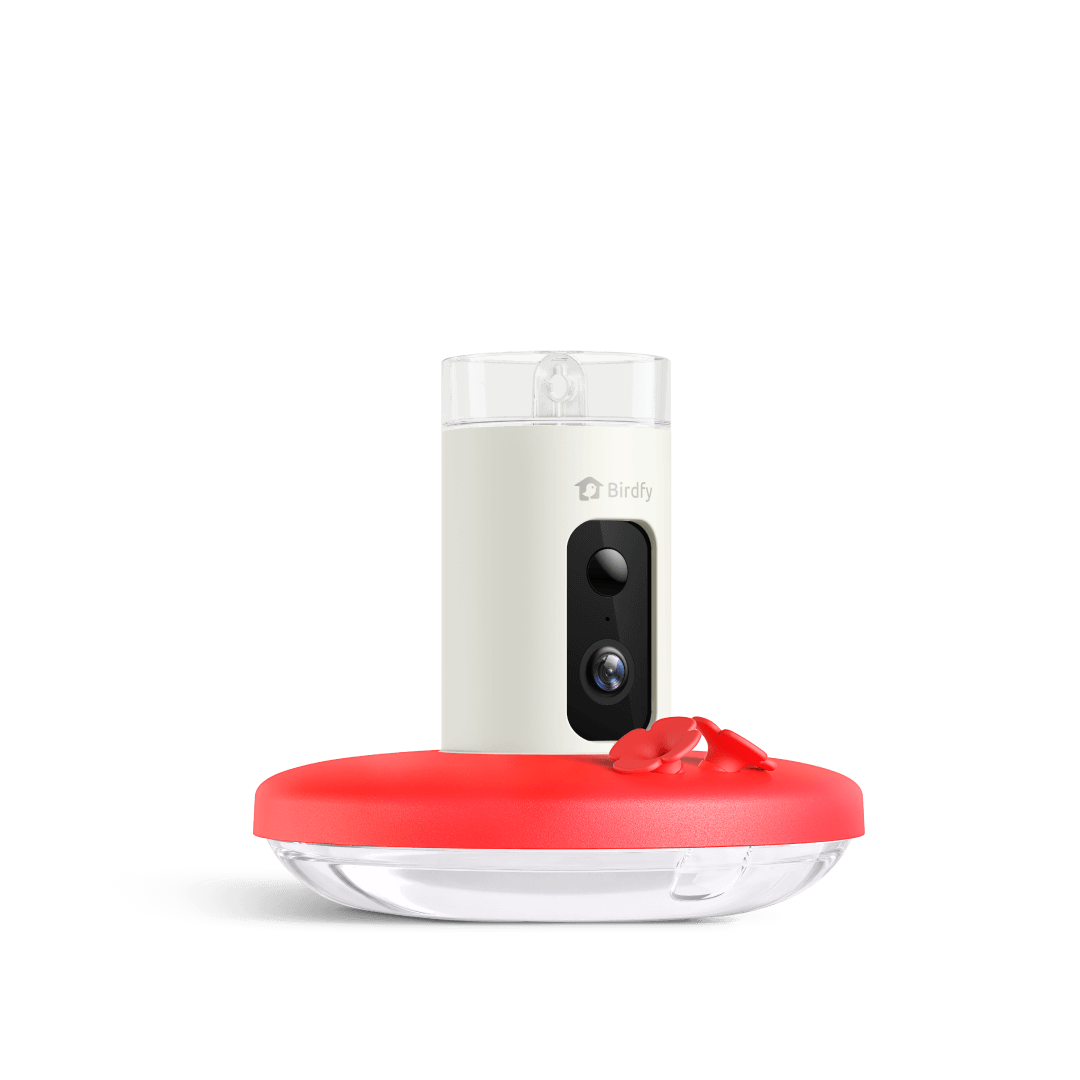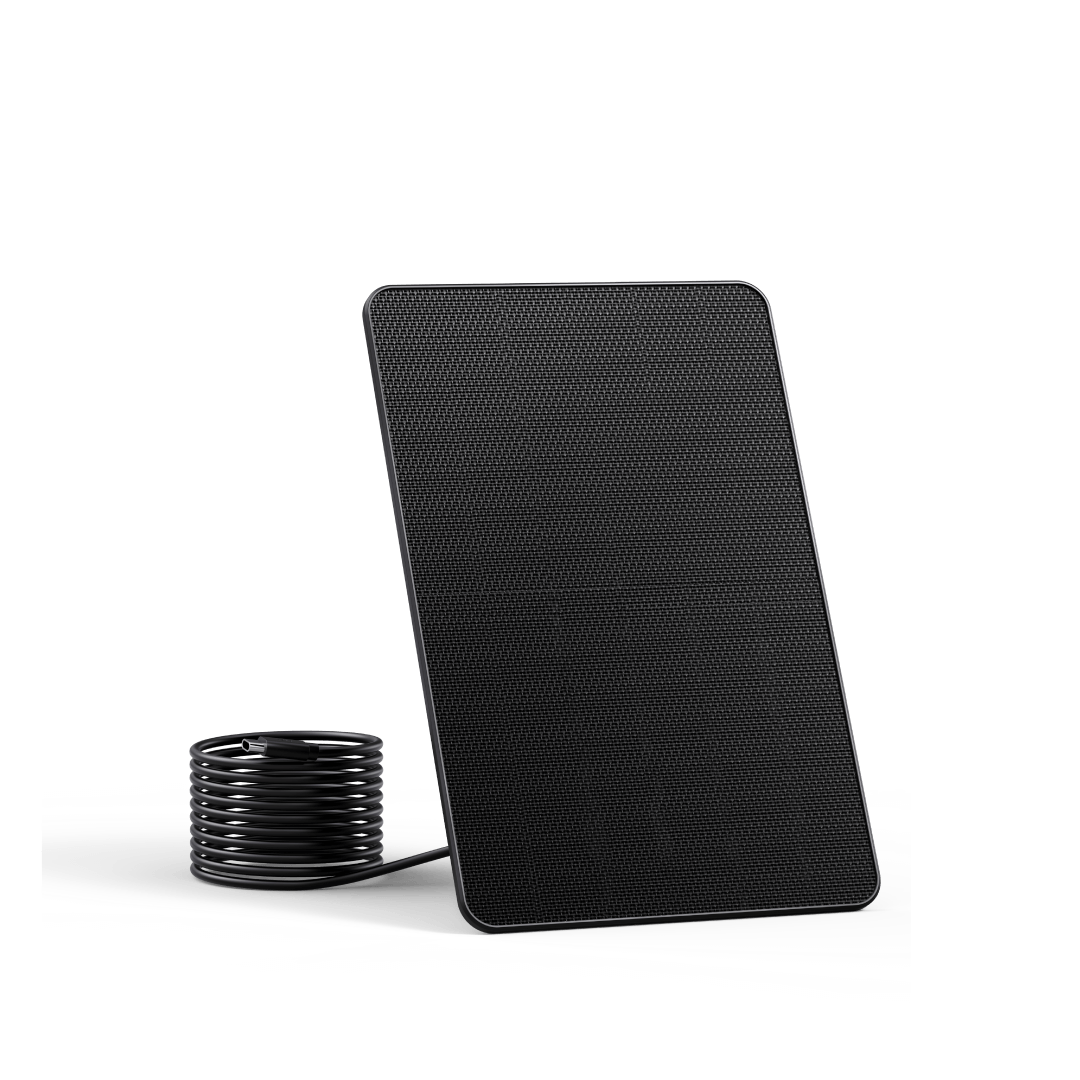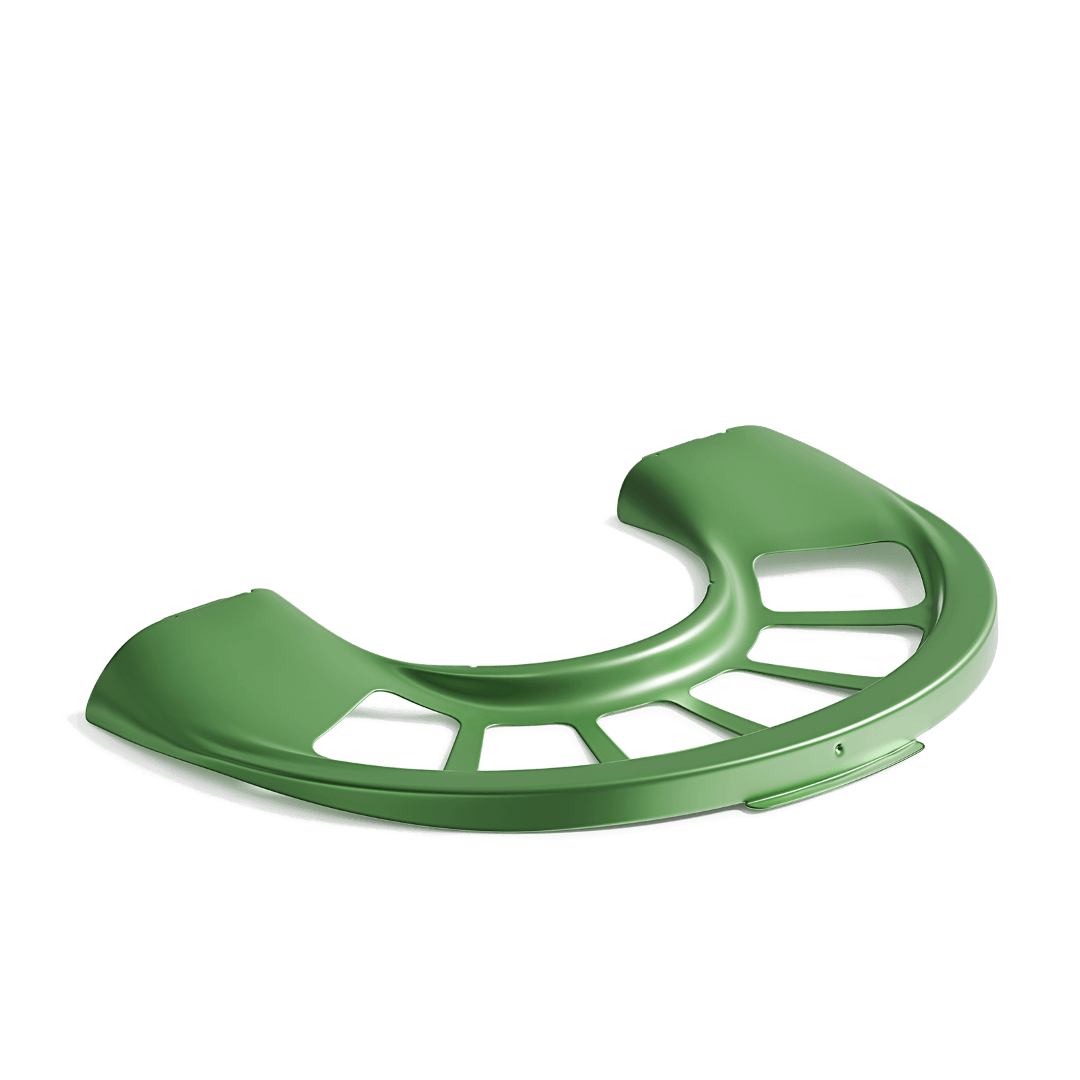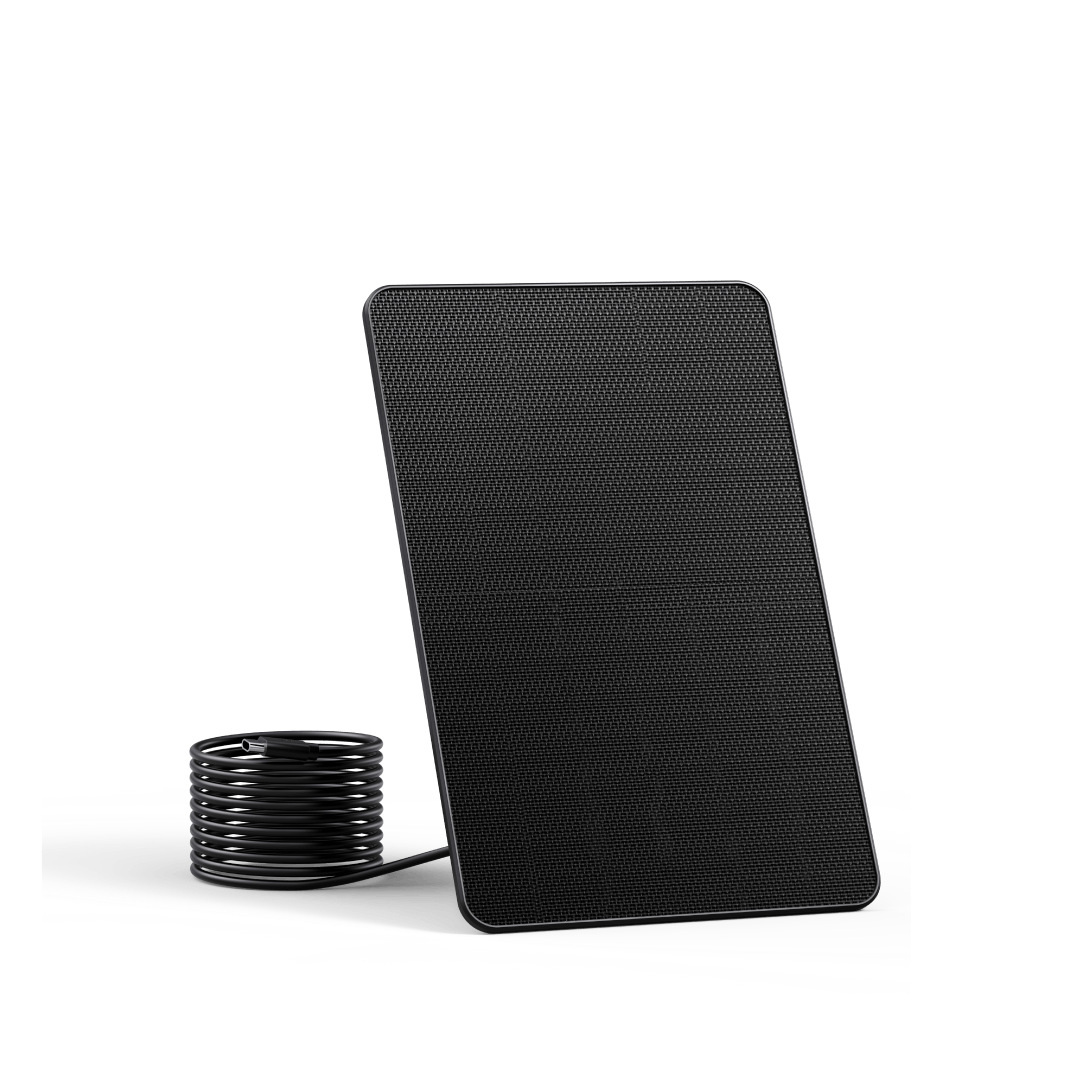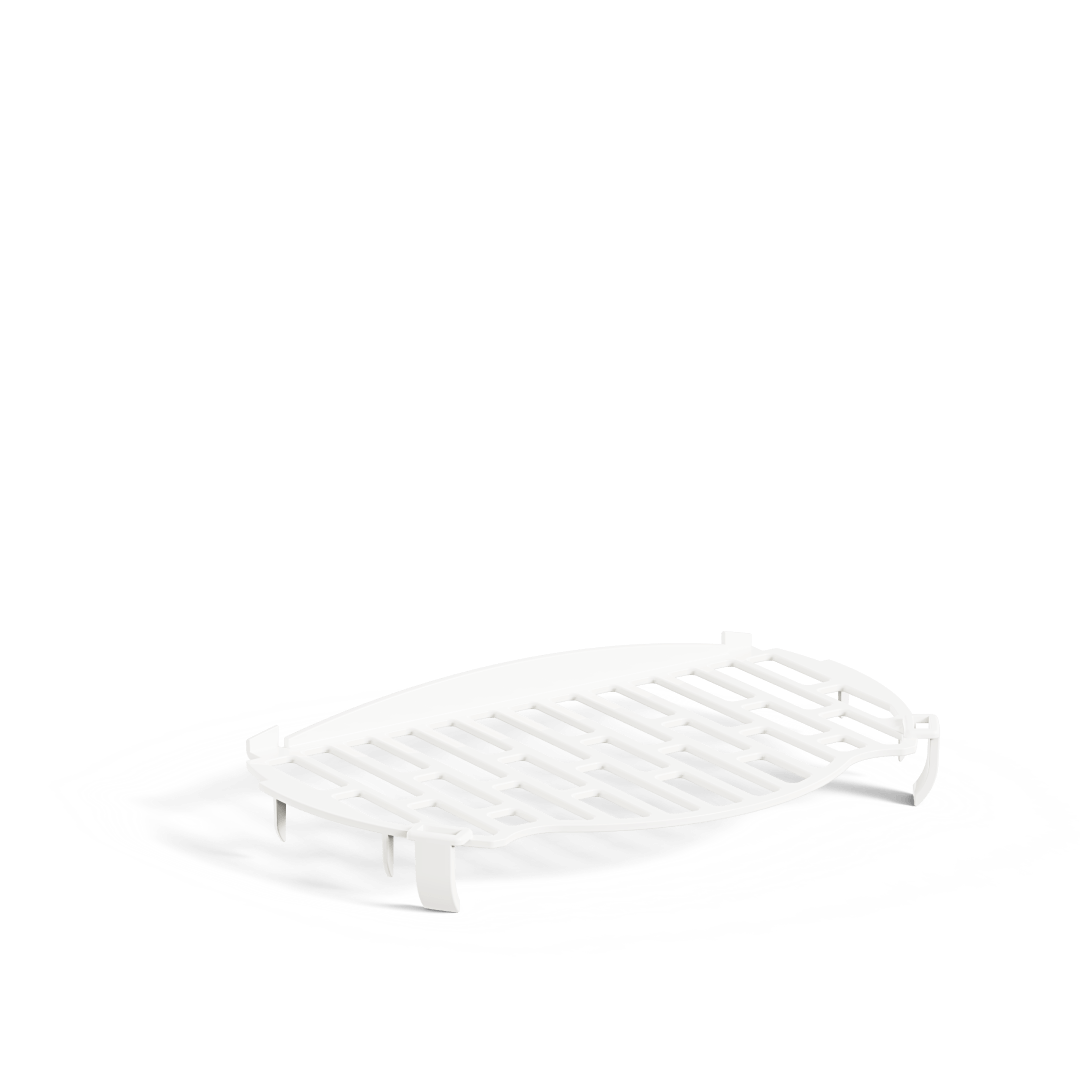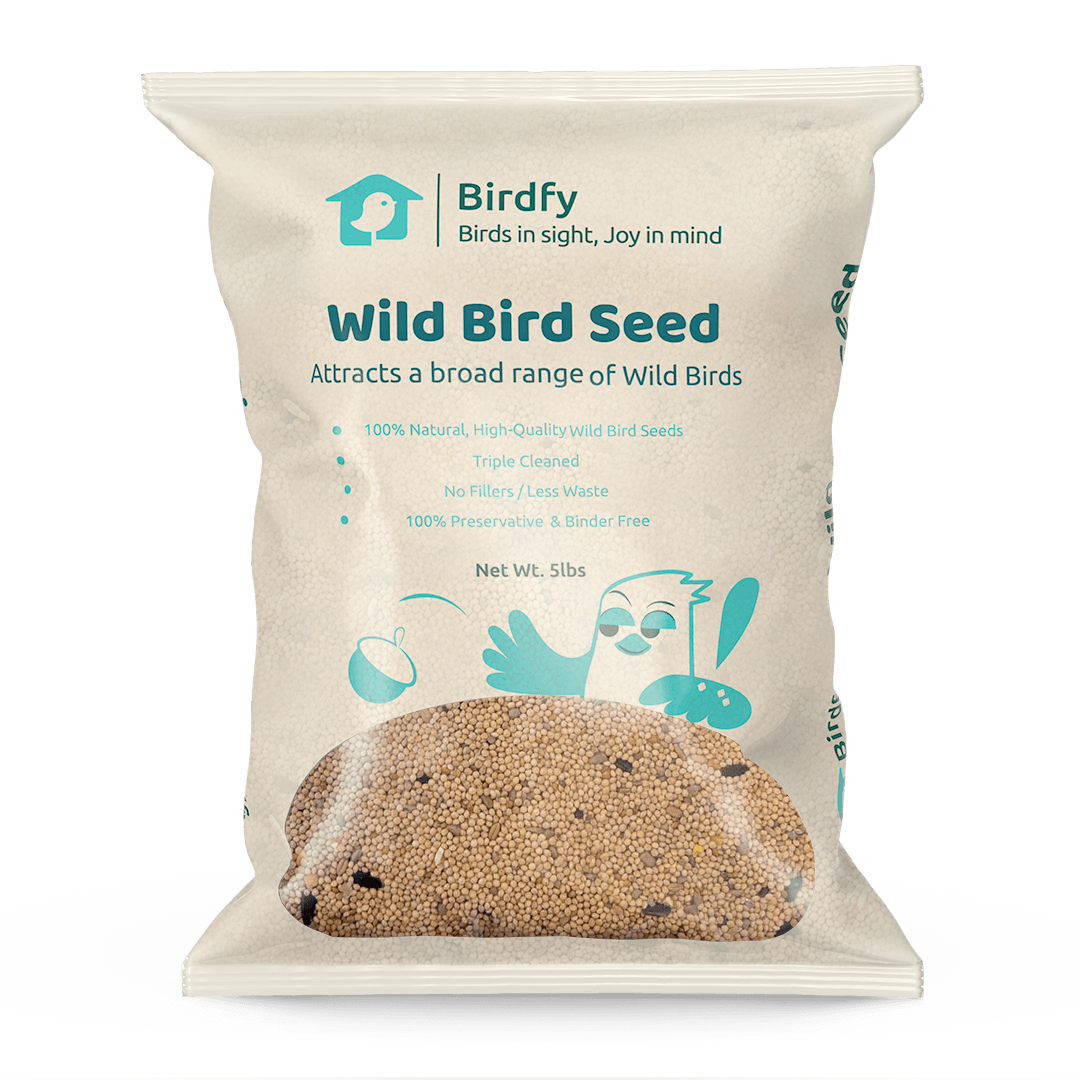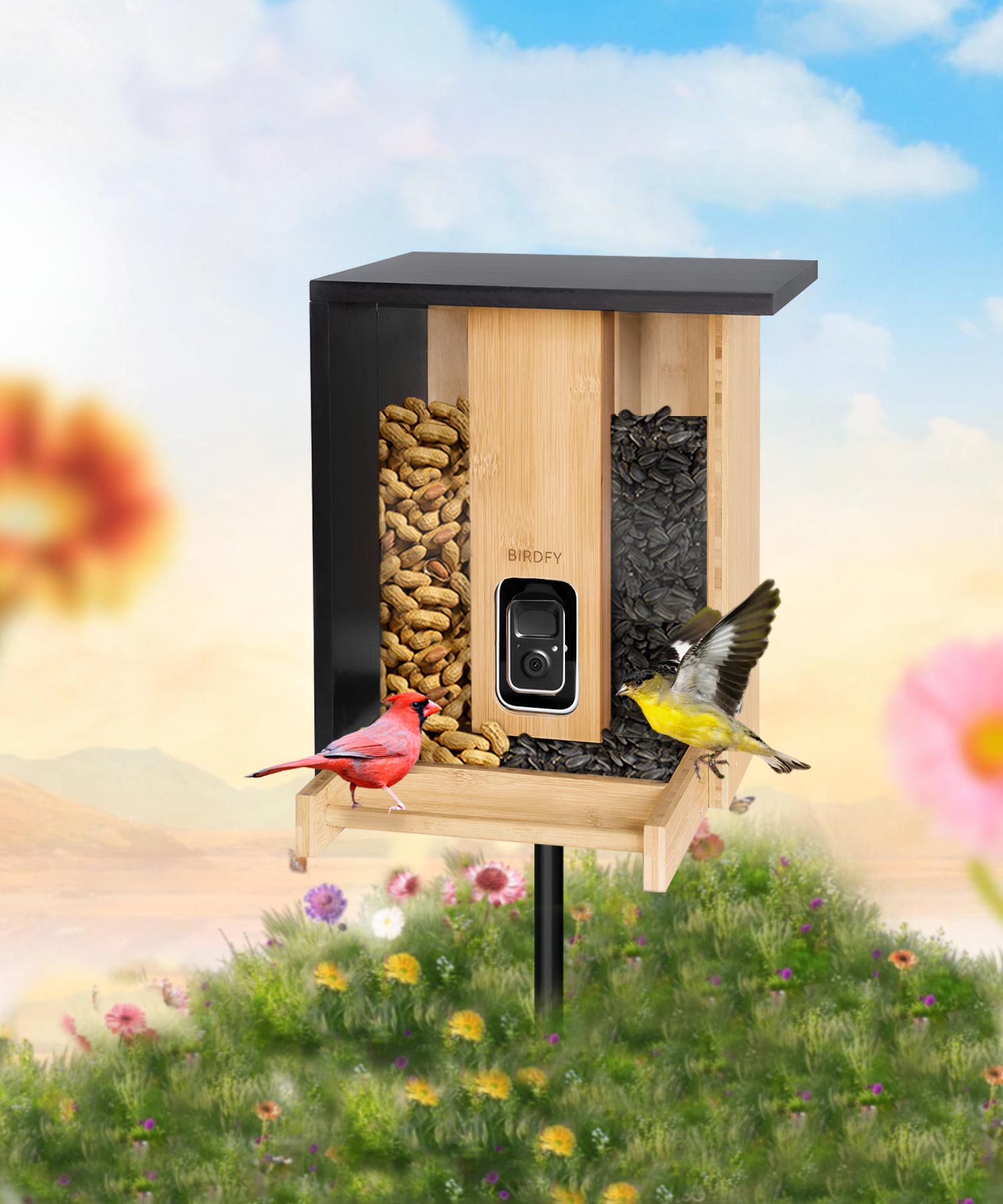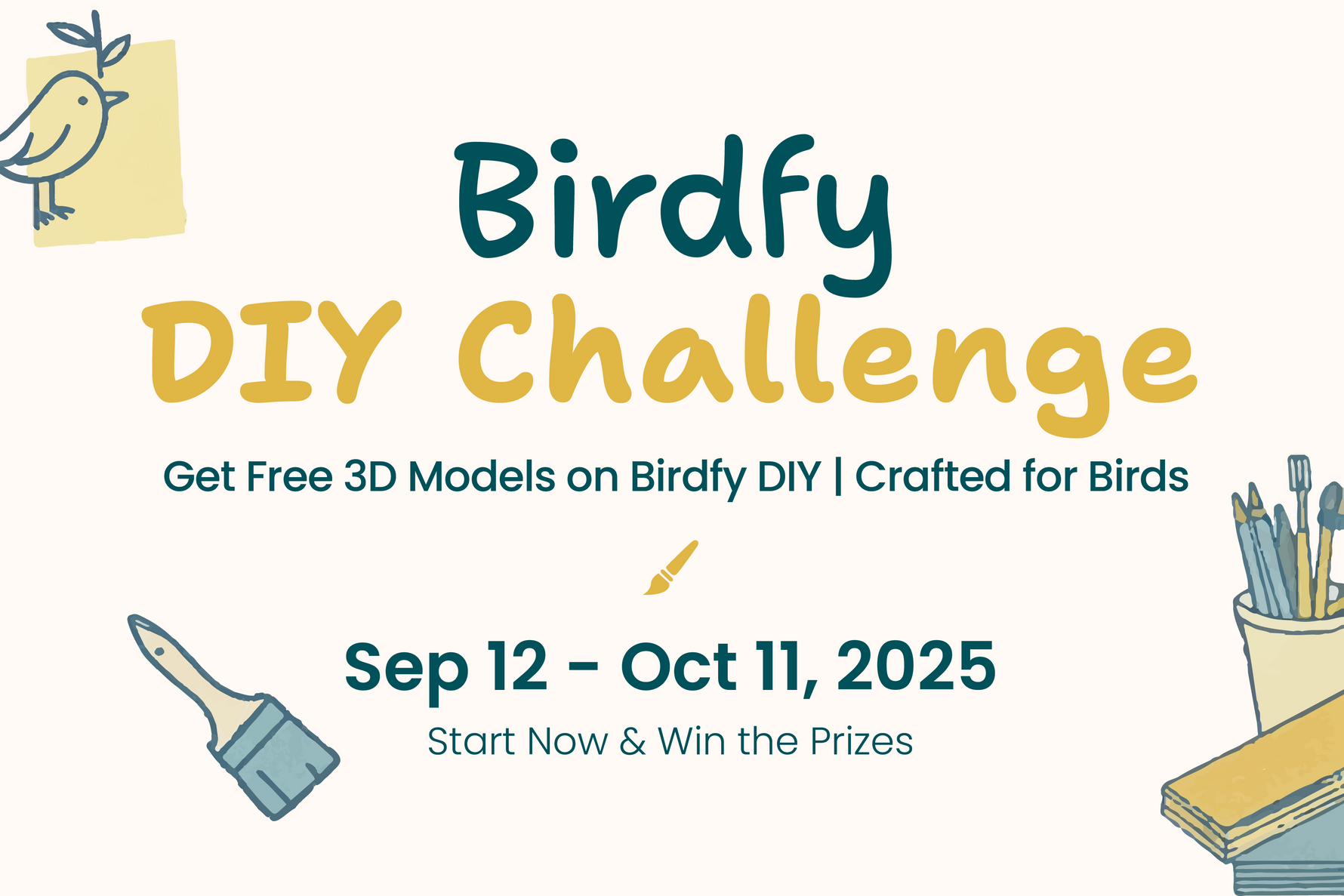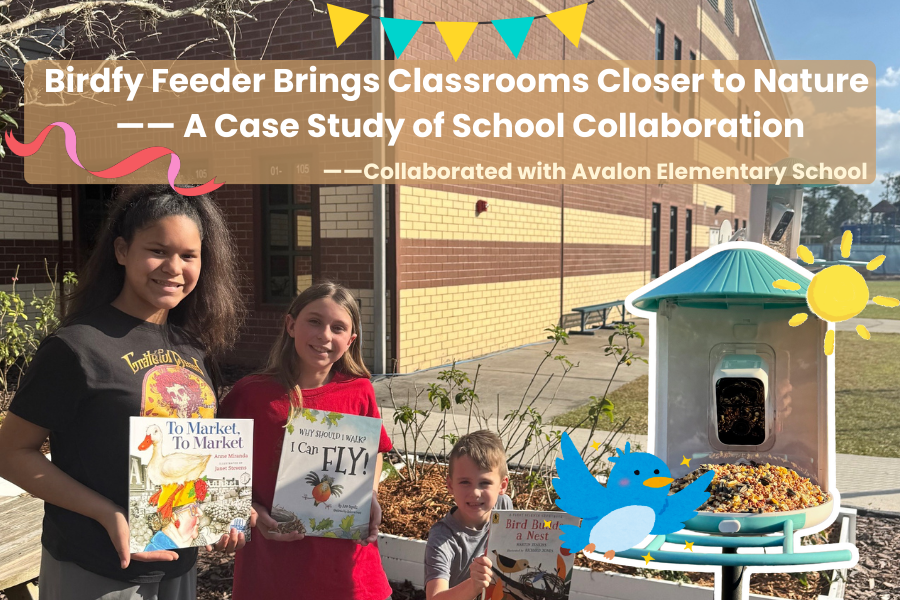Have you ever wondered what kind of bird you would be if you were one? Are you a majestic eagle, a wise owl, a peaceful dove, or a social peacock? The Bird Personality Test, often referred to as the DOPE Bird Personality Test, offers a fascinating and accessible way to gain insights into your core personality, strengths, weaknesses, and ideal work style. In this article, we will take you through a fun Bird Personality Test to help you understand not only yourself but also improve your interactions with others.
What Is the Bird Personality Test?
The Bird Personality Test is a behavioral assessment tool that categorizes individuals into four primary personality types, each represented by a bird. It is based on the DISC theory (Dominance, Influence, Steadiness, and Conscientiousness), a model developed by psychologist William Marston in the 1920s to understand behavioral styles.
Origins of the DOPE Bird Personality Test: While the DISC theory provides the scientific backbone, the DOPE Bird Test popularized these concepts by using memorable and intuitive bird metaphors. The acronym DOPE stands for the four birds: Dove, Owl, Peacock, Eagle.
By associating personality traits with familiar birds, the test becomes easier to remember and apply in everyday life. It’s not meant to be a rigid psychological diagnosis but rather a fun and enlightening starting point for personal development and team building.
The 4 Bird Personalities
Here is a detailed overview of each bird's personality in the DOPE test, including their core traits, strengths, weaknesses, and suitable career paths.
1. The Dove
Personality: Supportive, steady, cooperative, avoidant of conflict, and excellent listeners.
Strengths: They are fantastic team players, incredibly loyal, and great at de-escalating tense situations. Their consistent and reassuring nature makes them reliable friends and colleagues.
Weaknesses: Doves may struggle with change and can be perceived as indecisive or overly accommodating because they fear creating conflict. They may internalize stress.
Suitable Careers: Teacher, counselor, human resources specialist, nurse, customer service representative, and any role that requires patience and team cohesion.
2. The Owl
Personality: Conscientious, methodical, precise, and reserved. Owls believe in doing things the right way, based on data and evidence.
Strengths: Their analytical skills are top-notch. They are highly organized, reliable in tasks requiring precision, and excellent at solving complex problems.
Weaknesses: Owls can be perfectionists, which may lead to analysis paralysis (overthinking decisions). They might struggle with spontaneity and can be overly critical of themselves and others.
Suitable Careers: Engineer, accountant, researcher, data analyst, IT specialist, editor, and any profession that demands high levels of accuracy and critical thinking.
3. The Peacock
Personality: Expressive, charismatic, persuasive, and energetic. They are idea people who thrive on social interaction and recognition.
Strengths: Peacocks are excellent communicators and influencers. Their enthusiasm is contagious, making them great at sales, marketing, and inspiring teams.
Weaknesses: They can be disorganized, impulsive, and may struggle with following through on details. Their desire for approval can sometimes make them sensitive to criticism.
Suitable Careers: Salesperson, public relations specialist, entertainer, marketing manager, event planner, and tour guide.
4. The Eagle
Personality: Decisive, competitive, strong-willed, and independent. Eagles are not afraid to take charge and make tough decisions.
Strengths: They are born leaders who can navigate challenges effectively. Their ability to see the end goal and drive towards it is unparalleled. They are productive and efficient.
Weaknesses: Eagles can be perceived as domineering, impatient, or insensitive. They may overlook the feelings of others in their pursuit of results and can struggle with delegation.
Suitable Careers: CEO, entrepreneur, project manager, director, lawyer, and any leadership role that requires decisive action.
What Bird Am I Quiz
Want to know what kind of bird you are? Let's take a simple and fun DOPE Bird Personality Test. Answer the following 10 questions, choosing the option that best fits you for each one. Remember your answers, then tally up the number of each option at the end.
10 Questions
Q1. When joining a new team, you usually:
A. Care about everyone's feelings and strive to create a harmonious atmosphere
B. Observe the rules and processes first before deciding how to participate
C. Proactively get to know everyone, cracking jokes to lift spirits
D. Immediately look for ways to take on a leadership or guiding role
Q2. What do others most often compliment you on?
A. Your thoughtfulness and kindness
B. Your thoroughness and reliability
C. Your infectious energy and vibrancy
D. You're decisive and get things done.
Q3. Your response to conflict is:
A. Try to soothe both sides and seek reconciliation
B. Analyze the situation and propose rational solutions
C. Use humor to lighten the mood and avoid deadlock
D. Directly propose solutions and drive action
Q4. Your preferred work environment is:
A. A warm, friendly, and supportive team
B. An environment with clear rules, systems, and attention to detail
C. A free, flexible, and creative environment
D. Challenging, goal-oriented, and competitive
Q5. In your friends' eyes, you are:
A. A trustworthy listener
B. Cautious, always offering sensible advice
C. The life of the party, energizing the atmosphere
D. A motivator who leads others forward
Q6. When facing important decisions, you tend to:
A. Consider how others will be affected
B. List pros and cons for rational analysis
C. Rely on intuition and gut feelings
D. Decide quickly and take action
Q7. The value you prioritize most is:
A. Harmony and interpersonal relationships
B. Knowledge and precision
C. Fun and self-expression
D. Achievement and results
Q8. When learning new skills, you:
A. Hope someone patiently guides you
B. Research manuals or materials first
C. Experiment while being creative
D. Jump right in and learn by doing
Q9. When others seek your help, you're most likely to:
A. Comfort them and offer support
B. Provide detailed plans or data
C. Encourage them to feel better
D. Give direct solutions and push them to take action
Q10. If you were a real bird, you would prefer:
A. Being with a group, caring for each other
B. Perching on a quiet high branch, observing everything
C. Displaying your vibrant feathers in the sunlight
D. Soaring high in the sky, striking your target
Scoring Method
Each A = 1 point (Dove)
Each B = 1 point (Owl)
Each C = 1 point (Peacock)
Each D = 1 point (Eagle)
Tally points across all four options. The highest score = your bird personality.
Interpreting Results
Dove: Gentle, empathetic, harmony-seeking. You care deeply for others and excel as a supporter and mediator.
Owl: Rational, analytical, and precise. You value structure and rules, and others rely on your sound judgment.
Peacock: Outgoing, passionate, and expressive. You bring joy and creativity, radiating confidence and charm.
Eagle: Goal-oriented, decisive, and a natural leader. You take decisive action, embracing challenges to achieve your ambitions.
FAQs
Are bird personality tests accurate?
The Bird Personality Test is a useful tool for self-reflection and understanding general behavioral tendencies, but it is not a scientifically validated psychological instrument like the Myers-Briggs Type Indicator (MBTI) or the Big Five. Its accuracy lies in its simplicity and relatability, making it excellent for icebreakers and team-building exercises rather than for clinical assessment.
Which bird personality is the best?
There is no "best" personality. Each bird has unique strengths and potential weaknesses. An organization or a team needs a balance of all four types. Eagles provide direction, Peacocks generate energy and ideas, Owls ensure quality and accuracy, and Doves maintain harmony and stability. The goal is to understand and appreciate the value each type brings.
Are birds emotional like humans?
While birds exhibit complex behaviors, including bonding and communication, attributing human-like emotions to them is anthropomorphism. The test uses birds as metaphors for human personality traits. It's a symbolic framework designed to help us understand ourselves, not to describe the actual emotional lives of birds.
Which bird personality is the kindest?
The Dove is typically associated with kindness due to their empathetic, supportive, and peace-loving nature. They are naturally inclined to help others and avoid conflict. However, kindness can be demonstrated by any personality type; a Peacock might show kindness through encouragement, an Owl through thoughtful advice, and an Eagle through protective leadership.
Conclusion
The Bird Personality Test offers a captivating and memorable window into the complex world of human behavior. By identifying whether you are a Dove, Owl, Peacock, or Eagle, you can begin to appreciate your innate strengths and become more aware of your potential blind spots. This awareness is the first step toward personal growth, allowing you to leverage your natural tendencies in both your personal and professional life.
Perhaps the most valuable takeaway from this test is the framework it provides for understanding others. In a world of diverse personalities, recognizing that your colleague's meticulous nature stems from their "Owl" traits, or that your friend's need for social interaction is classic "Peacock" behavior, can foster greater empathy and improve communication. Instead of becoming frustrated by differences, we can learn to see them as complementary strengths.
Remember, no one is purely one bird type. Most of us are a blend of two or even three types, with one being more dominant. The goal of the DOPE test is not to put you in a box but to give you a language for discussing personality dynamics. It encourages us to stretch beyond our comfort zones—a Dove can learn to be more assertive when necessary, and an Eagle can practice active listening.
Ultimately, the question "What bird am I?" is a starting point for a deeper journey of self-discovery. It reminds us that, much like a flock of birds with different roles, human society thrives on diversity. By embracing our unique "bird" personality and respecting the styles of those around us, we can create more harmonious, productive, and understanding environments for everyone. So, take the quiz, discover your bird, and use this knowledge to soar to new heights.





